Browse
By Subject: Museum Studies
View: By Date | Alphabetical | eBooks | Paperbacks
-
eBook available
 Published August 2013
Published August 2013 About the Hearth
Perspectives on the Home, Hearth and Household in the Circumpolar North
Anderson, D. G., Wishart, R. P., & Vaté, V. (eds)
Subjects: Anthropology (General) Archaeology Museum Studies Heritage Studies
Hb
Paperback available -
 Published December 2001
Published December 2001 Academic Anthropology and the Museum
Back to the Future
Bouquet, M. (ed)
Subjects: Museum Studies Anthropology (General) Cultural Studies (General)
Hb
Paperback available -
eBook available
 Published November 2018
Published November 2018 Artifak
Cultural Revival, Tourism, and the Recrafting of History in Vanuatu
DeBlock, H.
Artifak investigates the meaning and value of (art) objects as commodities in Vanuatu, in differing states of transit and transition: in the local place, on the market, and in the museum. It provides an ethnographic account of commoditization in the context of revitalization of culture and the arts in Vanuatu.
Subjects: Anthropology (General) Heritage Studies Museum Studies
Hb
Paperback available -
eBook available
 Published March 2021
Published March 2021 The Best We Share
Nation, Culture and World-Making in the UNESCO World Heritage Arena
Brumann, C.
As the most ambitious study of the World Heritage arena so far, this volume dissects the inner workings of a prominent global body, demonstrating the power of ethnography in the highly formalised and diplomatic context of a multilateral organisation.
Subjects: Anthropology (General) Museum Studies Cultural Studies (General)
Hb
Paperback available -
 Published February 2014
Published February 2014 Borders of Belonging
Experiencing History, War and Nation at a Danish Heritage Site
Daugbjerg, M.
This book explores how such struggles unfold in practice at a highly symbolic battlefield site in the Danish/German borderland. Comprised of an ethnography of two profoundly different institutions – a conventional museum and an experience-based heritage center – it analyses the ways in which staff and visitors interfere with, relate to, and literally “make sense” of the war heritage and its national connotations. Borders of Belonging offers a comparative, in-depth analysis of the practices and negotiations through which history is made and manifested at two houses devoted to the interpretation of one event: the decisive battle of the 1864 war in which Otto von Bismarck, on his way to uniting the new German Empire, led the Prussian army to victory over the Danish.
Subjects: Heritage Studies Travel and Tourism Museum Studies Memory Studies
Hb -
 Published February 2010
Published February 2010 Changes in Museum Practice
New Media, Refugees and Participation
Skartveit & Goodnow, K. (eds)
Subjects: Museum Studies Refugee and Migration Studies
Pb -
 Published May 2013
Published May 2013 Colonial Collecting and Display
Encounters with Material Culture from the Andaman and Nicobar Islands
Wintle, C.
Subjects: Museum Studies History (General) Anthropology (General)
Hb -
eBook available
 Published February 2022
Published February 2022 Contested Holdings
Museum Collections in Political, Epistemic and Artistic Processes of Return
Bodenstein, F., Otoiu, D., & Troelenberg, E.-M. (eds)
Covering a range of case studies and a global geography, authors aim to historicize and bring depth to contemporary debates in relation to both the return of material culture and human remains. Defined as contested holdings, differing museum collections ranging from fine arts to physical anthropology provide connections between the treatment and conceptualization of collections that generally occupy separate realms in the museum world.
Subjects: Museum Studies Archaeology Cultural Studies (General)
Hb -
eBook available
 Published April 2012
Published April 2012 Crafting 'The Indian'
Knowledge, Desire, and Play in Indianist Reenactment
Kalshoven, P. T.
Subjects: Anthropology (General) Cultural Studies (General) Museum Studies
Hb -
eBook available
 Published November 2018
Published November 2018 Curating Live Arts
Critical Perspectives, Essays, and Conversations on Theory and Practice
Davida, D., Pronovost, M., Hudom, V., & Gabriels, J. (eds)
Situated at the crossroads of performance practice, museology, and cultural studies, live arts curation has grown in recent years to become a vibrant interdisciplinary project. Curating Live Arts brings together innovative essays from international theorist-practitioners to pose vital questions, propose future visions, and survey the landscape of this rapidly evolving discipline.
Subjects: Performance Studies Museum Studies Cultural Studies (General)
Hb
Paperback available -
 Published September 2021
Published September 2021 Digital Archives and Collections
Creating Online Access to Cultural Heritage
Müller, K.
Museums and archives all over the world digitize their collections and provide online access to heritage material. But what factors determine the content, structure and use of these online inventories? This book turns to India and Europe to answer this question. It explains how museums and archives envision, decide and conduct digitization and online dissemination.
Subjects: Museum Studies Anthropology (General)
Paperback available -
eBook available
 Published March 2013
Published March 2013 Distributed Objects
Meaning and Mattering after Alfred Gell
Chua, L. & Elliott, M. (eds)
Subjects: Anthropology (General) Museum Studies Literary Studies
Hb
Paperback available -
eBook available
 Published January 2022
Published January 2022 Emerging Technologies and Museums
Mediating Difficult Heritage
Stylianou-Lambert, T., Bounia, A., & Heraclidou, A. (eds)
Emerging technologies in museums have the potential to reveal unheard or silenced stories, challenge preconceptions, encourage emotional responses, introduce the unexpected, and overall provide alternative experiences. By examining varied theoretical approaches and case studies, authors demonstrate how “awkward”, contested, and rarely discussed subjects and stories are treated – or can be potentially treated - in a museum setting with the use of the latest technology.
Subjects: Museum Studies Heritage Studies Media Studies
Hb -
 Published June 2015
Published June 2015 The Enemy on Display
The Second World War in Eastern European Museums
Bogumił, Z., Wawrzyniak, J., Buchen, T., Ganzer, C. & Senina, M.
Eastern European museums represent the traumatic events of World War II, such as the Siege of Leningrad, the Warsaw Uprisings, and the bombardment of Dresden, in ways that cast the enemy in a specific light. This image results from the interweaving of historical representations, cultural stereotypes and beliefs, political discourses, and the dynamics of exhibition narratives. This book presents a useful methodology for examining museum images and provides a critical analysis of the role historical museums play in the contemporary world. As the catastrophes of World War II still exert an enormous influence over the national identities of Russians, Poles, and Germans, museum exhibits can play an important role in this process.
Subjects: Museum Studies History: World War II Memory Studies
Hb
Paperback available -
 Published September 2015
Published September 2015 European Products
Making and Unmaking Heritage in Cyprus
Welz, G.
Since the Republic of Cyprus joined the European Union in 2004, heritage-making and Europeanization are becoming intertwined in Greek-Cypriot society. The author argues that heritage emerges as an increasingly standardized economic resource — a “European product” — and that heritage policy has become infused with transnational market regulations and neoliberal property regimes.
Subjects: Anthropology (General) Museum Studies Heritage Studies
Hb
Paperback available -
eBook available
 Published April 2021
Published April 2021 Exchanging Objects
Nineteenth-Century Museum Anthropology at the Smithsonian Institution
Nichols, C. A.
As an historical account of the exchange of “duplicate specimens” between anthropologists at the Smithsonian Institution and museums, collectors, and schools around the world in the late nineteenth century, this book reveals connections between both well-known museums and little-known local institutions, created through the exchange of museum objects. It explores how anthropologists categorized some objects in their collections as “duplicate specimens,” making them potential candidates for exchange.
Subjects: Museum Studies Anthropology (General) Cultural Studies (General)
Hb
Paperback available -
eBook available
 Published April 2014
Published April 2014 Exhibiting Europe in Museums
Transnational Networks, Collections, Narratives, and Representations
Kaiser, W., Krankenhagen, S. & Poehls, K.
Museums of history and contemporary culture face many challenges in the modern age, particularly in Europe where processes of Europeanization and globalization require more cross-border cooperation and different ways of telling stories for visitors. Based on research in nearly 100 museums across the Continent and interviews with cultural policy makers and museum curators, it studies the growing transnational activities of state institutions, societal organizations, and people in the museum field such as attempts to Europeanize collection policy and collections as well as different strategies for making narratives more transnational like telling stories of European integration as shared history and discussing both inward and outward migration as a common experience and challenge.
Subjects: Museum Studies Memory Studies
Hb
Paperback available -
eBook available
 Published February 2021
Published February 2021 Experiencing Materiality
Museum Perspectives
Gamberi, V.
Representing a cutting-edge study on the junction between theoretical anthropology, material culture studies, religious studies and museum anthropology, this study highlights the contradictions of museum practices and, at the same time, the potentialities that contemporary museums could offer for an engaging relationship between visitors and museum artefacts and for rethinking or, better, ‘softening’ specific approaches in material culture studies.
Subjects: Museum Studies Cultural Studies (General) Anthropology (General)
Hb -
eBook available
 Published February 2019
Published February 2019 Extinct Monsters to Deep Time
Conflict, Compromise, and the Making of Smithsonian's Fossil Halls
Marsh, D. E.
Extinct Monsters to Deep Time is an ethnography that documents the growing friction between the research and outreach functions of the museum in the 21st century.
Subjects: Museum Studies Anthropology (General)
Hb
Paperback available -
eBook available
 Published March 2012
Published March 2012 Extreme Collecting
Challenging Practices for 21st Century Museums
Were, G. & King, J. C. H. (eds)
Subjects: Museum Studies Archaeology
Hb
Paperback available -
eBook available
 Published December 2007
Published December 2007 Fetishes and Monuments
Afro-Brazilian Art and Culture in the 20th Century
Sansi, R.
Subjects: Heritage Studies Museum Studies Anthropology (General)
Hb
Paperback available -
eBook available
 Published May 2014
Published May 2014 From Antiquities to Heritage
Transformations of Cultural Memory
Eriksen, A.
What does it mean when runic stones or medieval churches are transformed from antiquities to monuments to heritage sites? This book argues that the transformations concern more than words alone: They reflect fundamental changes in the way we experience the past, and the way historical objects are assigned meaning and value in the present.
Subjects: Museum Studies Memory Studies Heritage Studies
Hb
Paperback available -
eBook available
 Published December 2018
Published December 2018 From Storeroom to Stage
Romanian Attire and the Politics of Folklore
Urdea, A.
Tracing in reverse the journey of a collection of Romanian folk objects from a museum in London back to the villages where they were made, From Storeroom to Stage explores the role that material culture plays in the production of value and meaning.
Subjects: Anthropology (General) Museum Studies Heritage Studies
Hb -
eBook available
 Published June 2007
Published June 2007 The Future of Indigenous Museums
Perspectives from the Southwest Pacific
Stanley, N. (ed)
Subjects: Museum Studies Anthropology (General)
Hb
Paperback available -
eBook available
 Published April 2016
Published April 2016 Having and Belonging
Homes and Museums in Israel
Jaffe-Schagen, J.
This book draws striking connections between the supposedly divergent spheres of home and museum, which both house objects and generate social narratives. Through fascinating explorations of the museums and domestic spaces of eight Israeli communities, it gives a powerful account of museums’ role in state formation, proposing a new approach for societies in conflict.
Subjects: Museum Studies Heritage Studies Refugee and Migration Studies
Hb -
eBook available
 Published November 2019
Published November 2019 Heritage Movements in Asia
Cultural Heritage Activism, Politics, and Identity
Mozaffari, A. & Jones, T. (eds)
This volume is unique in that it is dedicated to approaching the analysis of heritage through the concepts of social movements. Adapting the latest developments in the field of social movements, the chapters examine the formation, use and contestation of heritage by various official, non-official and activist players and the spaces where such ongoing negotiations and contestation take place.
Subjects: Heritage Studies Museum Studies Anthropology (General)
Hb
Paperback available -
 Published January 2001
Published January 2001 Hunting the Gatherers
Ethnographic Collectors, Agents, and Agency in Melanesia 1870s-1930s
O'Hanlon, M. & Welsch, R. (eds)
Subjects: Museum Studies Theory and Methodology Colonial History Heritage Studies
Hb
Paperback available -
 Published June 2011
Published June 2011 The Lives of Chinese Objects
Buddhism, Imperialism and Display
Tythacott, L.
Subjects: Museum Studies History (General) Archaeology
Hb -
eBook available
 Published November 2010
Published November 2010 The Long Way Home
The Meaning and Values of Repatriation
Turnbull, P. & Pickering, M. (eds)
Subjects: Museum Studies Anthropology (General) Heritage Studies
Pb -
eBook available
 Published November 2018
Published November 2018 The Man Who Invented Aztec Crystal Skulls
The Adventures of Eugène Boban
MacLaren Walsh, J. & Topping, B.
Detailed are the travels, self-education, and archaeological explorations of Eugène Boban, an expert in the field of pre-Columbian studies and explores the circumstances that allowed him to sell fakes to museums that would remain undetected for over a century.
Subjects: Museum Studies Archaeology
Hb
Paperback available -
eBook available
 Published August 2019
Published August 2019 The Museum of Mankind
Man and Boy in the British Museum Ethnography Department
Burt, B.
The Museum of Mankind was an innovative and popular showcase for minority cultures from around the non-Western world from 1970 to 1997, as the devolved Ethnography Department of the British Museum. This memoir of over forty years’ service with the Department is a critical appreciation of its achievements in the various roles of a national museum, of the personalities of its staff and of the issues raised in the representation of exotic cultures.
Subjects: Museum Studies Anthropology (General) Cultural Studies (General)
Hb
Paperback available -
eBook available
 Published June 2022
Published June 2022 Museum Times
Changing Histories in South Africa
Witz, L.
Museums flourished in post-apartheid South Africa. In older museums, there were renovations on the go, and at least fifty new museums opened. Most sought to depict violence and suffering under apartheid and the growth of resistance. These unlikely journeys are tracked as museums became a primary setting for contesting histories. The author demonstrates how an institution concerned with the conservation of the past is simultaneously a site for changing history.
Subjects: Museum Studies Cultural Studies (General)
Hb
Paperback available -
eBook available
 Published October 2015
Published October 2015 Museum Websites and Social Media
Issues of Participation, Sustainability, Trust and Diversity
Sánchez Laws, A. L.
Online activities present a unique challenge for museums as they harness the potential of digital technology for sustainable development, trust building, and representations of diversity. This volume provides insight into the issues behind designing and implementing web pages and social media to serve the broadest range of museum stakeholders.
Subjects: Museum Studies Media Studies
Hb
Paperback available -
eBook available
 Published September 2022
Published September 2022 Museum, Place, Architecture and Narrative
Nordic Maritime Museums’ Portrayals of Shipping, Seafarers and Maritime Communities
Bünz, A.
A characteristic trait of the maritime museums is that they are often located in a contemporary and/or historical environment from which the collections and narratives originate. This volume unravels the kinds of worlds and realities the Nordic maritime museums stage, which identities and national myths they depict, and how they make use of both the surrounding maritime environments and the architectural properties of the museum buildings.
Subjects: Museum Studies Archaeology Cultural Studies (General)
Hb -
 Published March 2008
Published March 2008 Museums, the Media and Refugees
Stories of Crisis, Control and Compassion
Goodnow, K, Lohman, J. & Marfleet, P. (eds)
Subjects: Museum Studies Refugee and Migration Studies
Pb -
 Published February 2015
Published February 2015 Objects and Imagination
Perspectives on Materialization and Meaning
Fuglerud, Ø. & Wainwright, L. (eds)
Despite the wide interest in material culture, art, and aesthetics, few studies have considered them in light of the importance of the social imagination - the complex ways we conceptualize our social surroundings. This collection engages the “material turn” in the arts, humanities, and social sciences through a range of original contributions on creativity in diverse global and contemporary social settings.
Subjects: Anthropology (General) Cultural Studies (General) Museum Studies
Hb
Paperback available -
 Published May 2011
Published May 2011 Panamanian Museums and Historical Memory
Sánchez Laws, A. L.
Subjects: Museum Studies Memory Studies
Pb -
eBook available
 Published October 2019
Published October 2019 Playing with the Past
Exploring Values in Heritage Practice
Clark, K.
Heritage is all around us, not just in monuments and museums, but in places that matter, the countryside and in collections and stories. It touches all of us. How do we decide what to preserve? And how do we make the case for heritage when there are so many other priorities? Playing with the Past is designed to make the case for heritage. It is the first ever action-learning book about heritage.
Subjects: Museum Studies Heritage Studies Archaeology
Hb
Paperback available -
eBook available
 Published January 2019
Published January 2019 Politics of Scale
New Directions in Critical Heritage Studies
Lähdesmäki, T., Thomas, S., & Zhu, Y. (eds)
Politics of Scale offers a global, multi- and interdisciplinary point of view to the scaled nature of heritage, and provides a theoretical discussion on scale as a social construct and a method in Critical Heritage Studies.
Subjects: Heritage Studies Museum Studies
Hb
Paperback available -
 Published September 2008
Published September 2008 Scandinavian Museums and Cultural Diversity
Goodnow, K. & Akman, H. (eds)
Subject: Museum Studies
Pb -
 Published December 2004
Published December 2004 Science, Magic and Religion
The Ritual Processes of Museum Magic
Bouquet, M. & Porto, N. (eds)
Subjects: Museum Studies Anthropology of Religion Anthropology (General)
Hb
Paperback available -
eBook available
 Published July 2018
Published July 2018 Sense and Essence
Heritage and the Cultural Production of the Real
Meyer, B. & van de Port, M. (eds)
Contrary to popular perceptions, cultural heritage is not given, but constantly in the making, subject to dynamic processes of (re)inventing culture within particular social formations and via particular forms of mediation. Through the heuristic concepts of the "politics of authentication" and "aesthetics of persuasion," this volume explores the centrality of this tension to heritage formation worldwide.
Subjects: Anthropology (General) Heritage Studies Museum Studies
Hb
Paperback available -
eBook available
 Published July 2023
Published July 2023 The Spirit of Matter
Modernity, Religion, and the Power of Objects
Pels, P.
A range of meaningful objects—exhibits of human remains or live people, fetishes, objects in a Catholic Museum, exotic photographs, commodities, and computers—demonstrate a subordinate modern consciousness about powerful objects and their “life”. The Spirit of Matter discusses these objects that move people emotionally but whose existence is often denied by modern wishful thinking of “mind over matter”.
Subjects: Anthropology of Religion Archaeology Museum Studies
Hb
Paperback available -
eBook available
 Published February 2024
Published February 2024 Too Jewish or Not Jewish Enough
Ritual Objects and Avant-Garde Art at the Jewish Museum of New York
Abt, J.
This volume explores the origins of the Jewish Museum of New York and its evolution from collecting and displaying Jewish ritual objects, to Jewish art, to exhibiting avant-garde art devoid of Jewish content, created by non-Jews. Established within a rabbinic seminary, the museum’s formation and development reflect changes in Jewish society over the twentieth century as it grappled with choices between religion and secularism, particularism and universalism, and ethnic pride and assimilation.
Subjects: Museum Studies Jewish Studies Cultural Studies (General)
Hb -
eBook available
 Published October 2013
Published October 2013 Transcultural Montage
Suhr, C. & Willerslev, R. (eds)
“This is an ambitious and ground-breaking volume which takes a thoroughly interdisciplinary perspective on what the editors have branded as ‘transcultural montage.’ ...The total effect is a mesmerising and in many ways insightful comparative endeavour that will do much to consolidate montage as a theme that goes to the heart of contemporary social theory.” · Martin Holbraad, University College London
Subjects: Anthropology (General) Cultural Studies (General) Film and Television Studies Museum Studies
Pb -
eBook available
 Published October 2021
Published October 2021 Transforming Author Museums
From Sites of Pilgrimage to Cultural Hubs
Spring, U., Schimanski, J., & Aarbakke, T. (eds)
Literary museums today must respond to new challenges; the traditional image of the author’s home museum as a sacred place of literary pilgrimage centered around a national hero has been questioned, and literary museums have begun to develop new strategies. The book addresses how literary museums have changed since the form was established, what challenges they face today and how we might imagine them in the future.
Subjects: Museum Studies Cultural Studies (General) Literary Studies
Hb
Paperback available -
eBook available
 Published January 2021
Published January 2021 Unlocking the Love-Lock
The History and Heritage of a Contemporary Custom
Houlbrook, C.
A padlock is a mundane object, designed to fulfil a specific – and secular – purpose. A contemporary custom has given padlocks new significance155. This custom is ‘love-locking’, where padlocks are engraved with names and attached to bridges in declaration of romantic commitment. This book explores the worldwide popularity of the love-lock as a ritual token of love and commitment by considering its history, symbolism, and heritage.
Subjects: Heritage Studies Archaeology Museum Studies Cultural Studies (General)
Hb
Paperback available -
eBook available
 Published January 2019
Published January 2019 Views of Violence
Representing the Second World War in German and European Museums and Memorials
Echternkamp, J. & Jaeger, S. (eds)
The modern vision of historical violence has been immeasurably influenced by cultural representations of the Second World War. This volume takes a historical perspective on World War II museums and explores how these institutions came to define the broader European, and even global, political contexts and cultures of public memory.
Subjects: Museum Studies History: World War II Memory Studies
Hb
Paperback available -
eBook available
 Published December 2017
Published December 2017 Visitors to the House of Memory
Identity and Political Education at the Jewish Museum Berlin
Bishop Kendzia, V.
By accompanying a range of senior high school history students before, during and after their visits to the museum, Visitors to the House of Memory is an intimate exploration of how young Berliners from across the city experience the Jewish Museum Berlin.
Subjects: Museum Studies Jewish Studies Educational Studies Memory Studies
Hb
Paperback available -
 Published January 2018
Published January 2018 The Witness as Object
Video Testimony in Memorial Museums
Jong, S. de
Today more than ever before, the historical witness is now a “museum object” in the form of video interviews. With a focus on Holocaust museums, this study scrutinizes this new global phenomenon of the “musealisation” of testimony, exploring the processes, prerequisites, and consequences of video testimonies as exhibits.
Subjects: Museum Studies History: 20th Century to Present Media Studies Memory Studies
Paperback available -
eBook available
 Published April 2016
Published April 2016 World Heritage on the Ground
Ethnographic Perspectives
Brumann, C. & Berliner, D. (eds)
The UNESCO World Heritage Convention of 1972 is a key arena for contemporary cultural and natural conservation. In case studies from across the globe, anthropologists with situated expertise in specific World Heritage sites explore the consequences of the World Heritage framework and the global spread of this heritage regime.
Subjects: Anthropology (General) Heritage Studies Archaeology Museum Studies
Hb
Paperback available

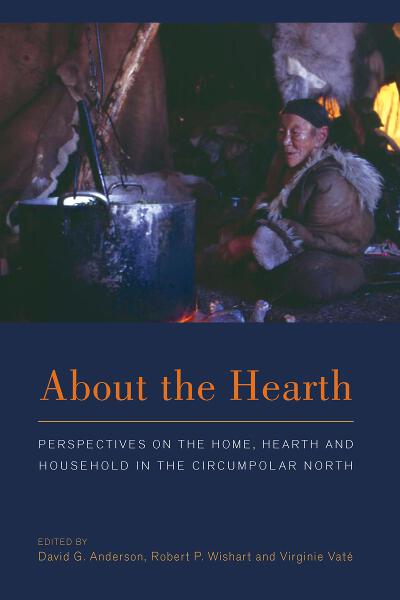 Published August 2013
Published August 2013 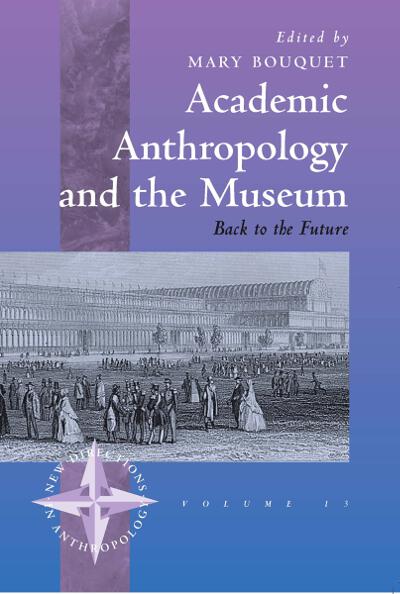 Published December 2001
Published December 2001 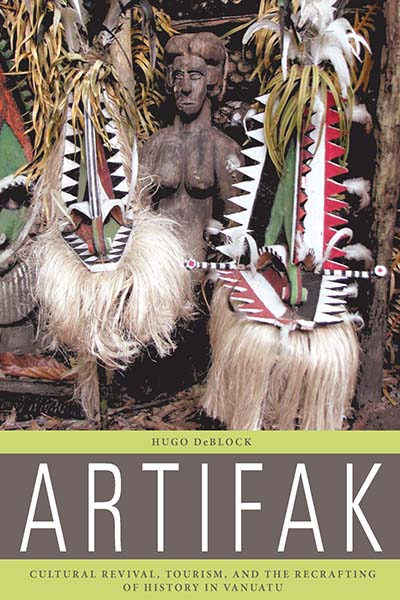 Published November 2018
Published November 2018 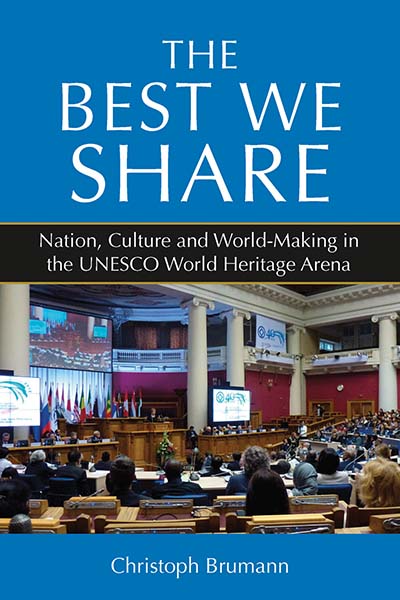 Published March 2021
Published March 2021 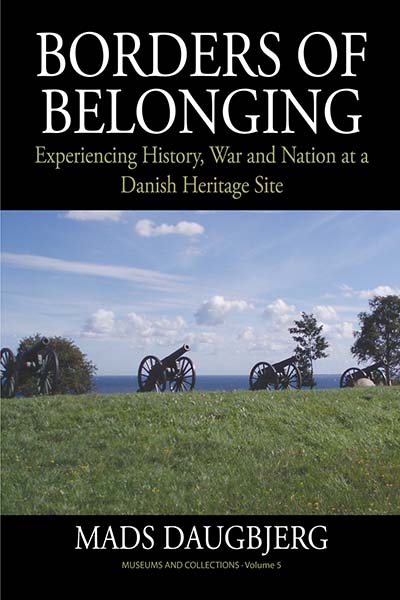 Published February 2014
Published February 2014 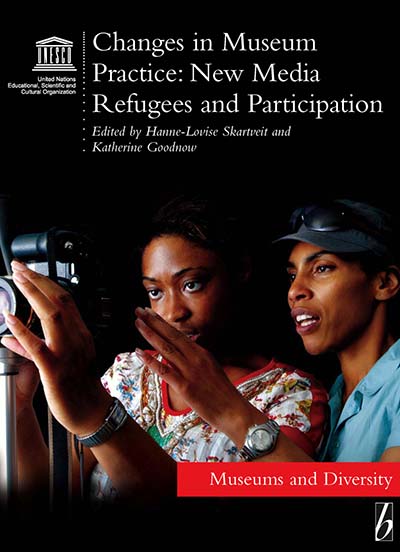 Published February 2010
Published February 2010 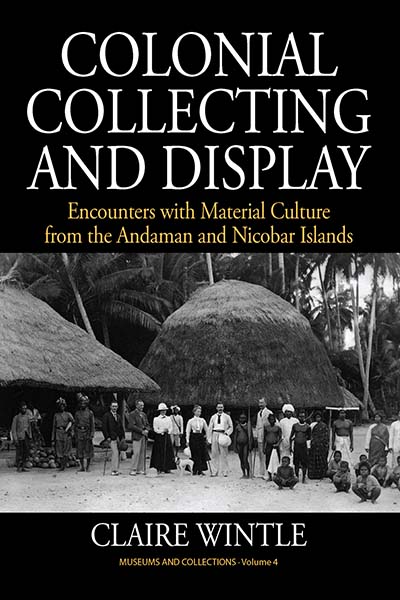 Published May 2013
Published May 2013 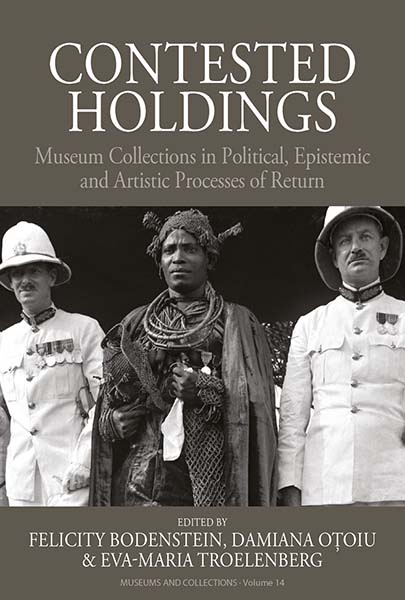 Published February 2022
Published February 2022 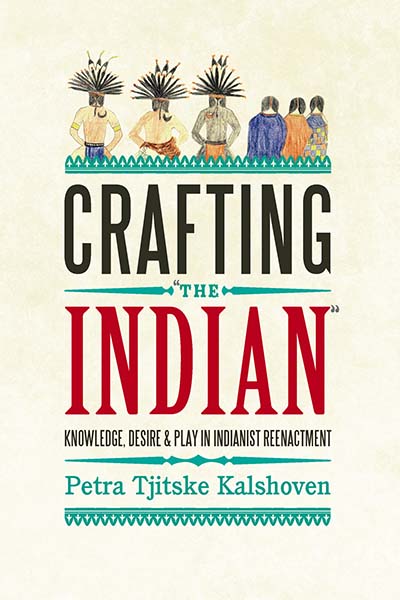 Published April 2012
Published April 2012 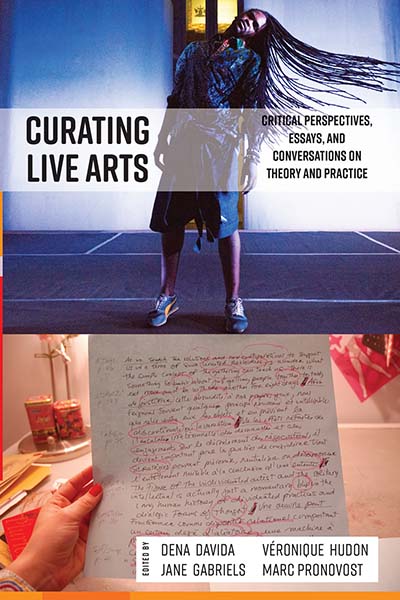 Published November 2018
Published November 2018 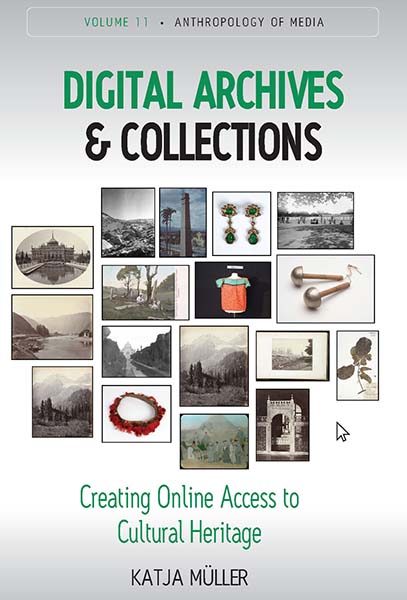 Published September 2021
Published September 2021 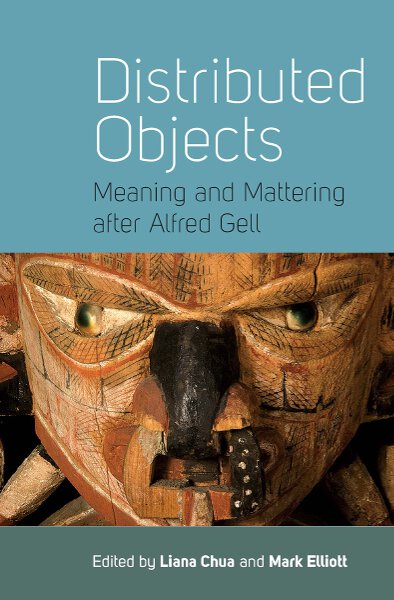 Published March 2013
Published March 2013 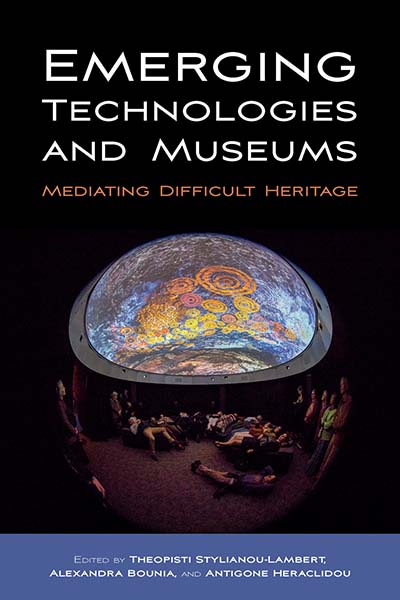 Published January 2022
Published January 2022 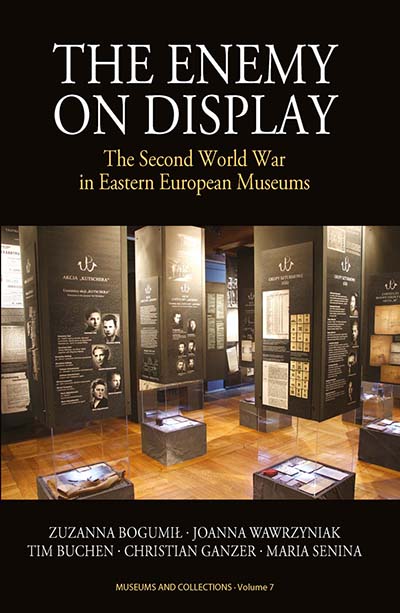 Published June 2015
Published June 2015 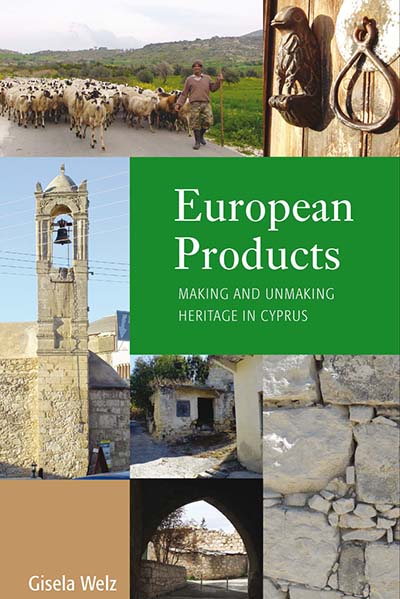 Published September 2015
Published September 2015 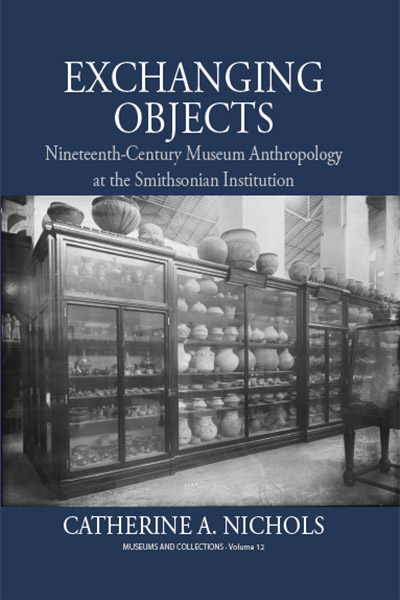 Published April 2021
Published April 2021 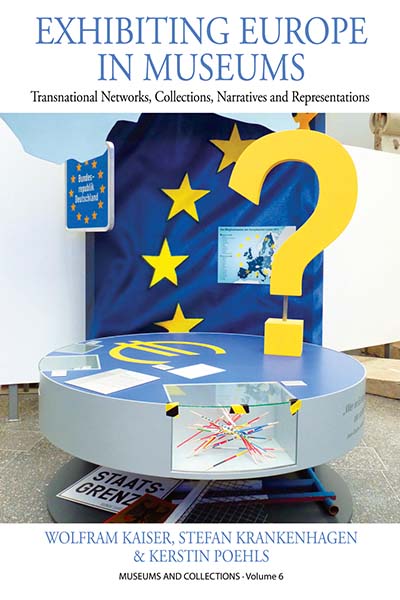 Published April 2014
Published April 2014 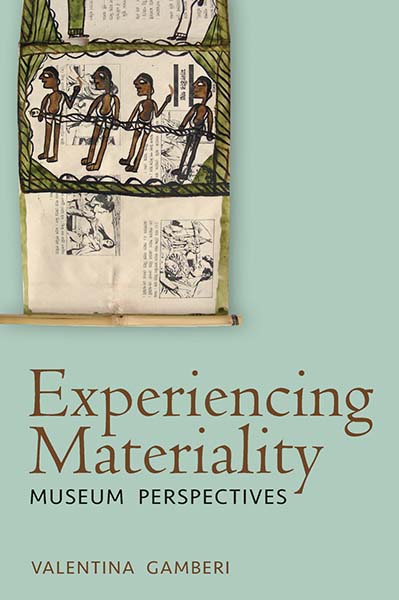 Published February 2021
Published February 2021 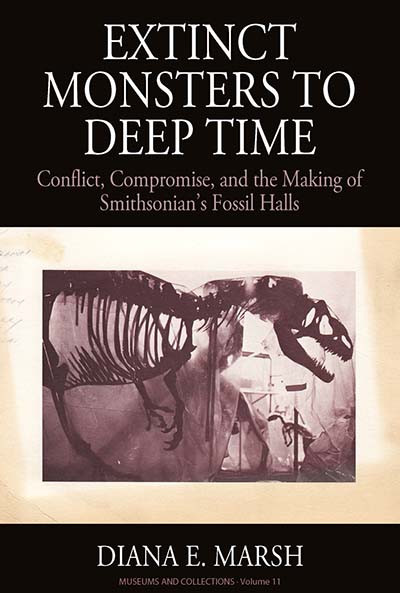 Published February 2019
Published February 2019 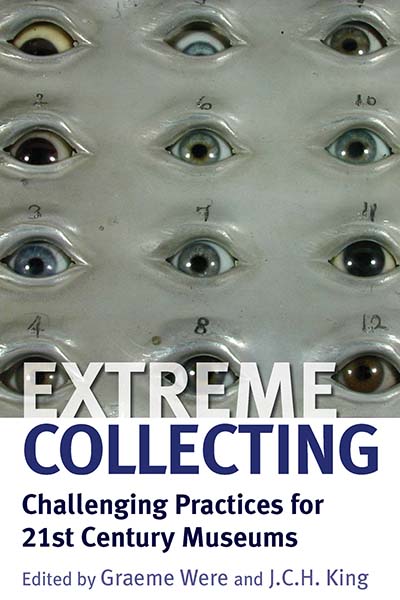 Published March 2012
Published March 2012 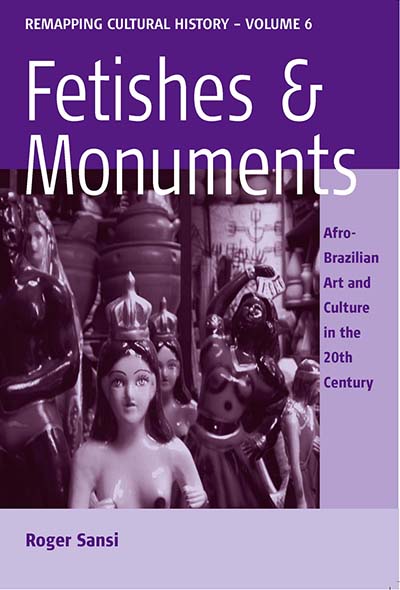 Published December 2007
Published December 2007 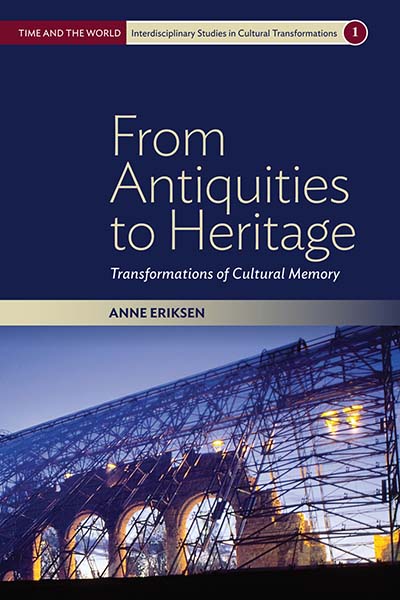 Published May 2014
Published May 2014 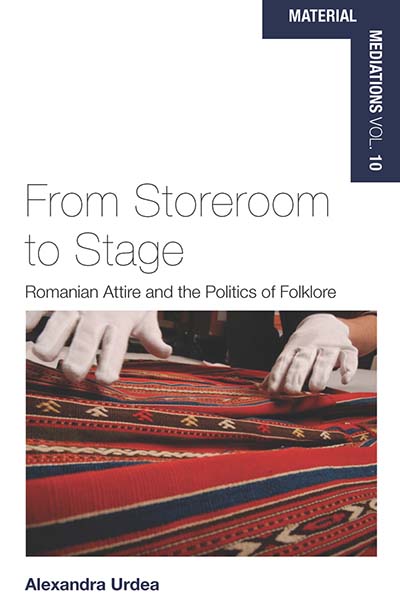 Published December 2018
Published December 2018 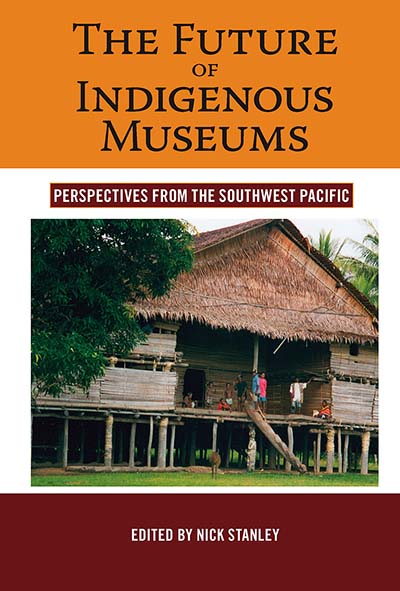 Published June 2007
Published June 2007 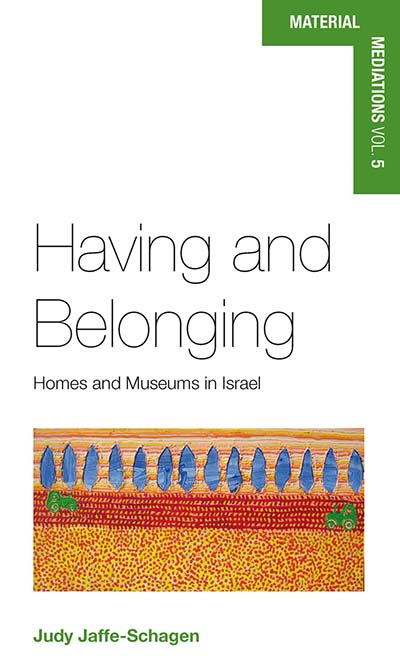 Published April 2016
Published April 2016 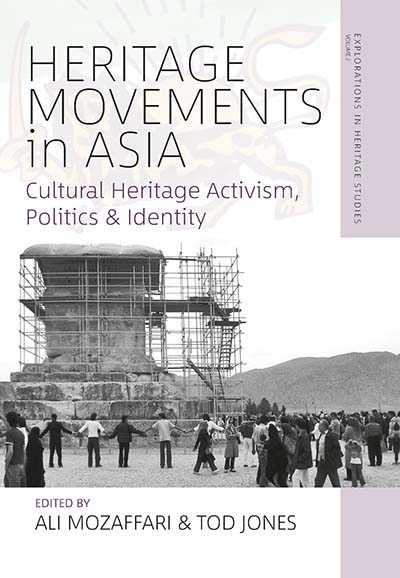 Published November 2019
Published November 2019 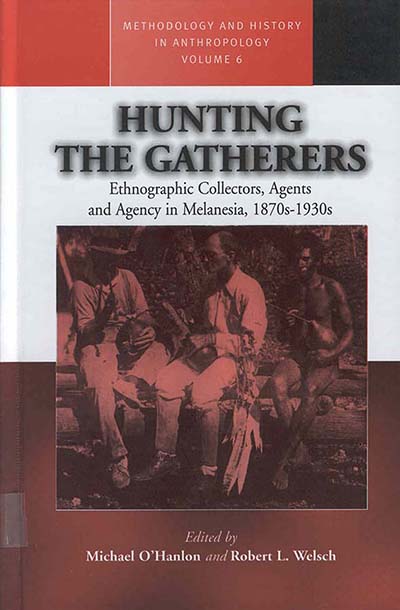 Published January 2001
Published January 2001 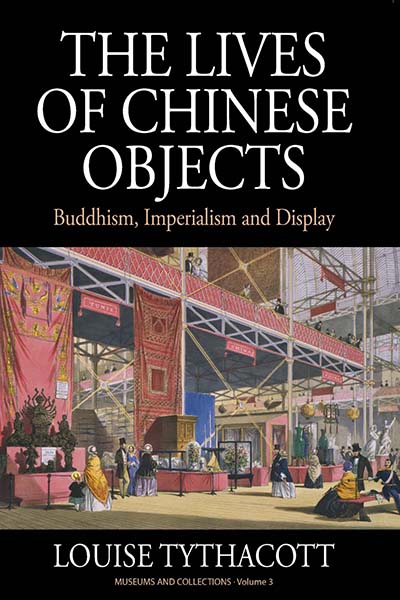 Published June 2011
Published June 2011 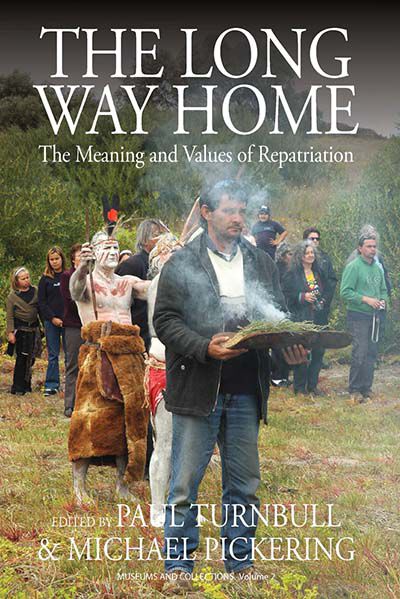 Published November 2010
Published November 2010 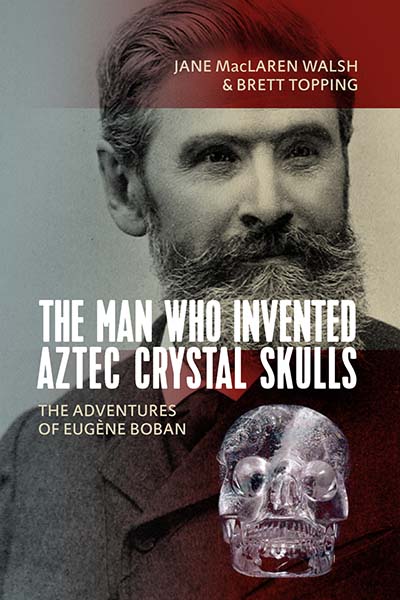 Published November 2018
Published November 2018 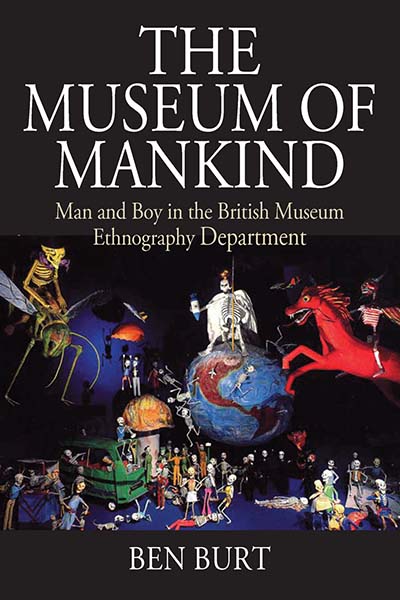 Published August 2019
Published August 2019 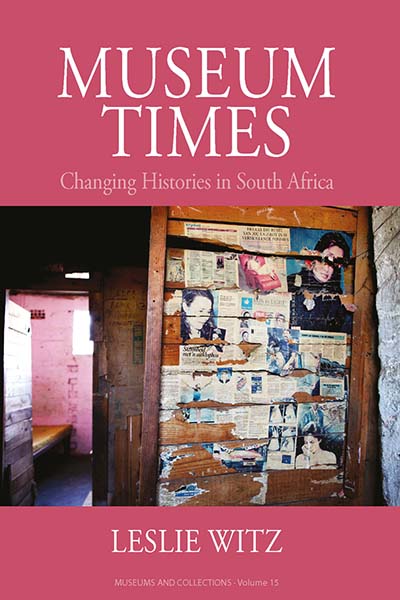 Published June 2022
Published June 2022 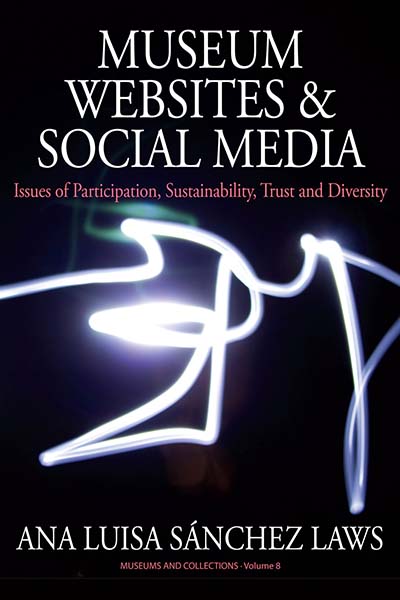 Published October 2015
Published October 2015 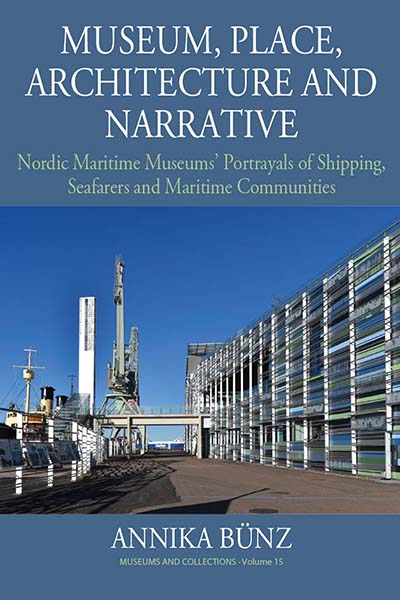 Published September 2022
Published September 2022 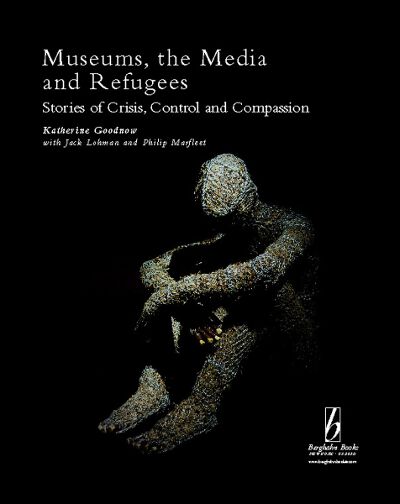 Published March 2008
Published March 2008 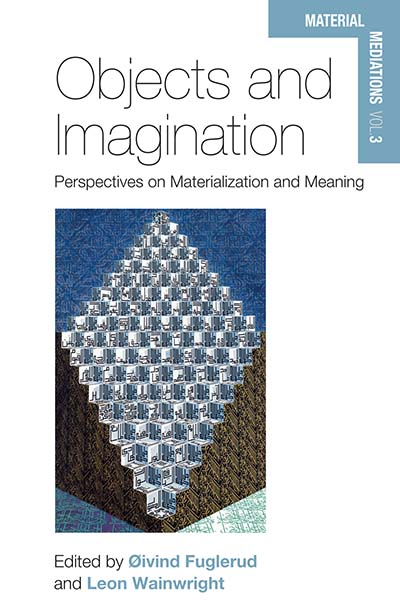 Published February 2015
Published February 2015 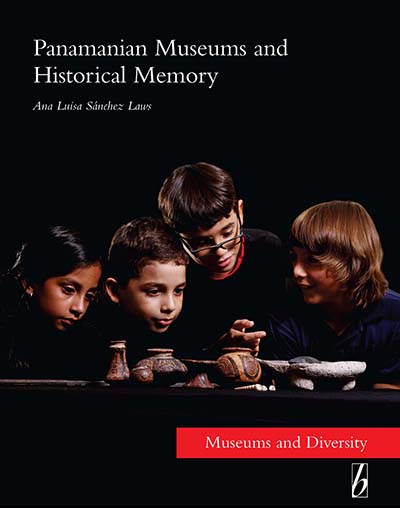 Published May 2011
Published May 2011 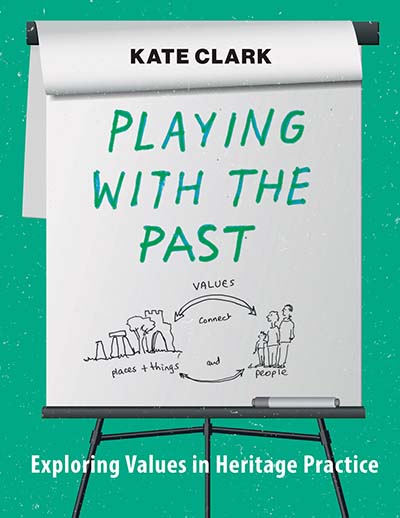 Published October 2019
Published October 2019 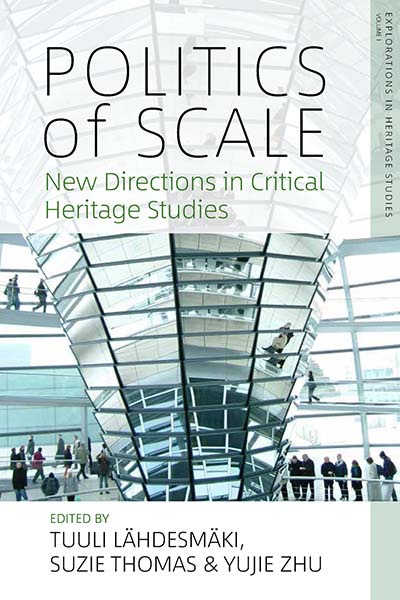 Published January 2019
Published January 2019 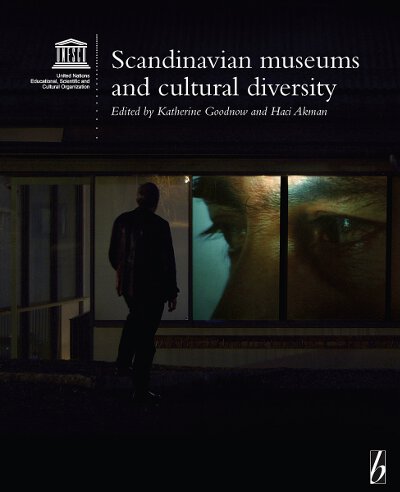 Published September 2008
Published September 2008 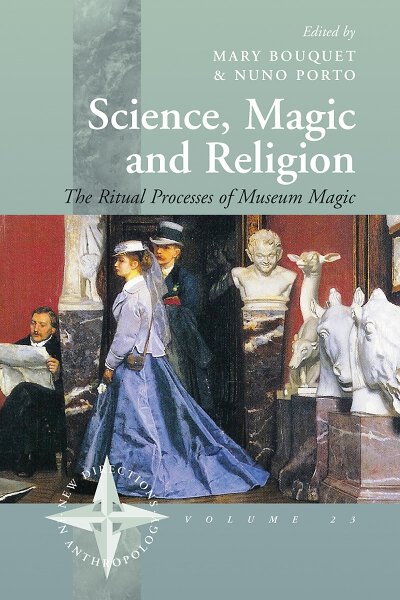 Published December 2004
Published December 2004 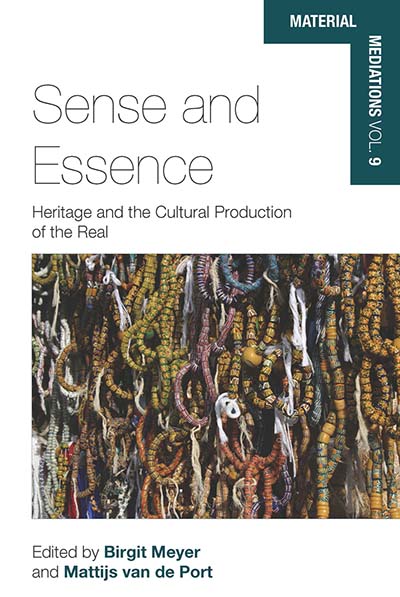 Published July 2018
Published July 2018 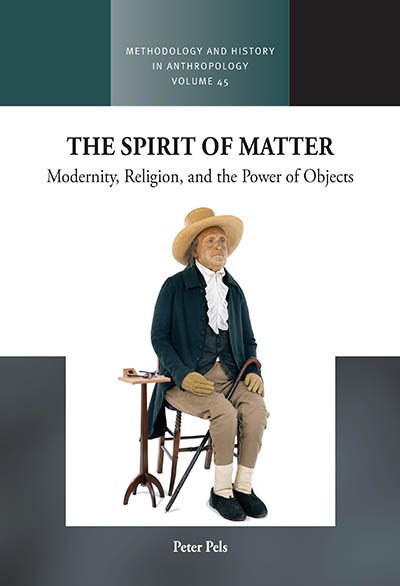 Published July 2023
Published July 2023 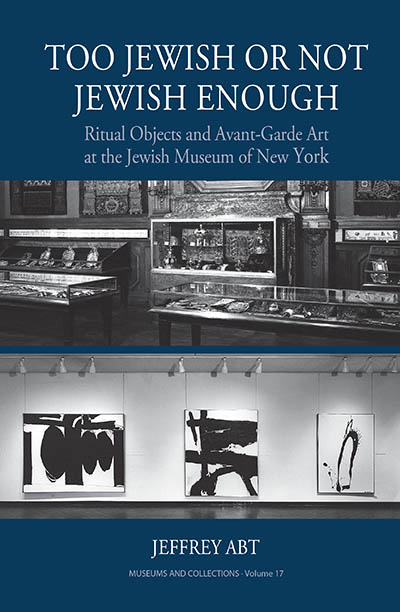 Published February 2024
Published February 2024 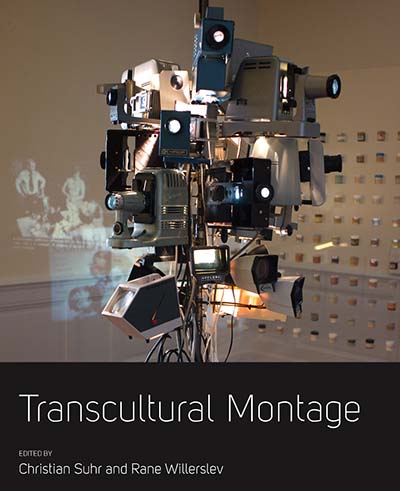 Published October 2013
Published October 2013 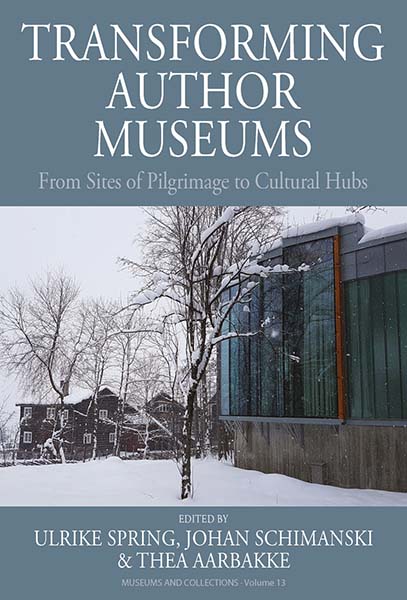 Published October 2021
Published October 2021 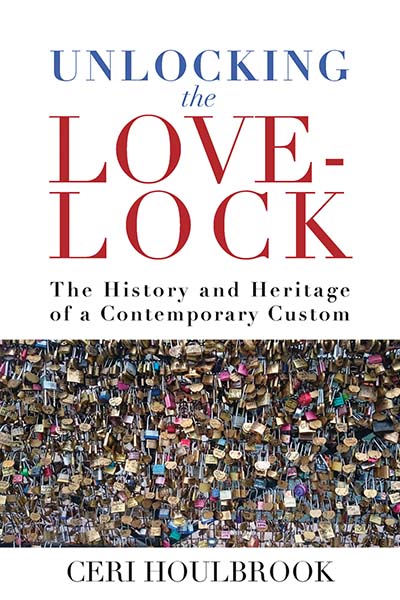 Published January 2021
Published January 2021 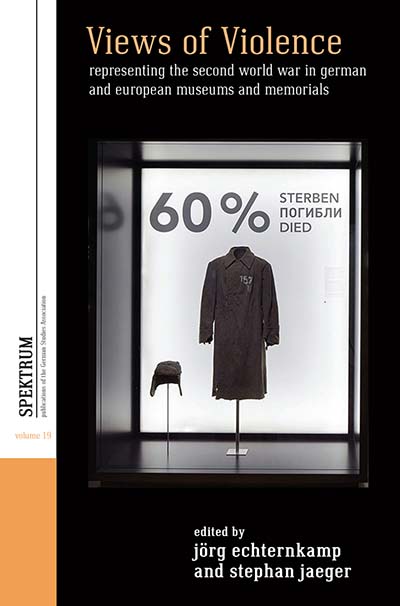 Published January 2019
Published January 2019 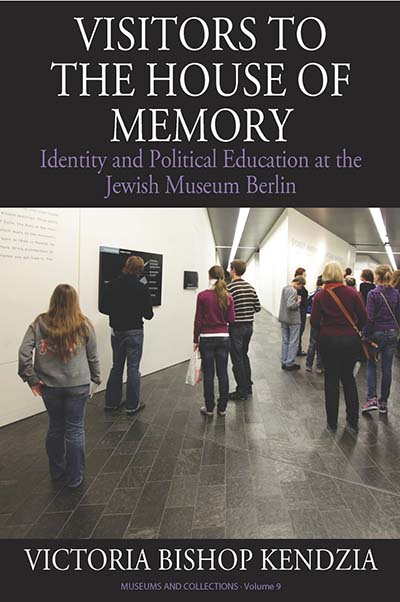 Published December 2017
Published December 2017 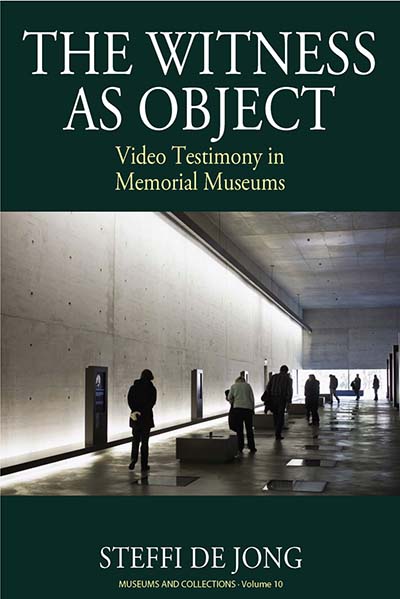 Published January 2018
Published January 2018 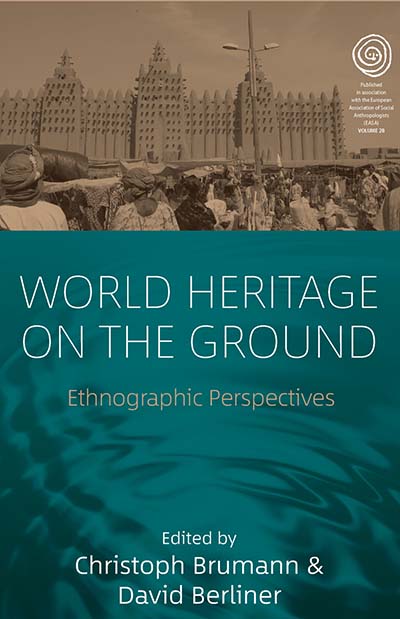 Published April 2016
Published April 2016